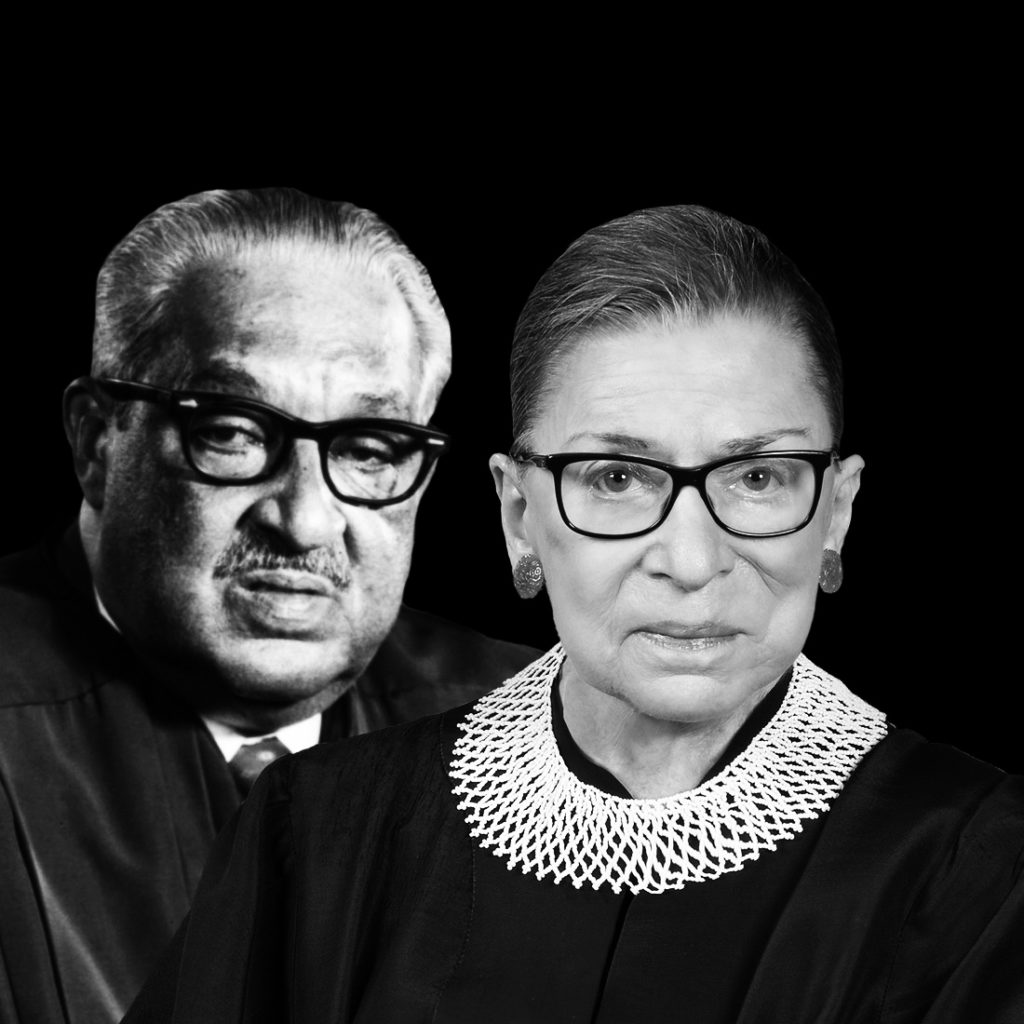A prayer for our daughters

Like a feather caught in a vortex, Williams ran around the square of bases at the center of our beseeching screaming. He ran as he always ran out home runs—hurriedly, unsmiling, head down, as if our praise were a storm of rain to get out of. He didn’t tip his cap. Though we thumped, wept, and chanted “We want Ted” for minutes after he hid in the dugout, he did not come back. Our noise for some seconds passed beyond excitement into a kind of immense open anguish, a wailing, a cry to be saved. But immortality is nontransferable. The papers said that the other players, and even the umpires on the field, begged him to come out and acknowledge us in some way, but he never had and did not now. Gods do not answer letters. . .
On the car radio as I drove home I heard that Williams had decided not to accompany the team to New York. So he knew how to do even that, the hardest thing. Quit.
None of us would want to be remembered for the worst decision of our lives, and I see no point in lingering over Ruth Bader Ginsburg’s decision not to retire during the first half of Obama’s second term. She was a great woman, and the greatness of her life as a whole remains, despite its ending.
A parallel that has been haunting me for the last thirteen hours is the end of Thurgood Marshall’s life. Marshall, who announced his retirement from the SCOTUS in the summer of 1991, knew very well that George H. W. Bush would replace him with Clarence Thomas, or at least someone like Thomas. Still, he was by then in very poor health, and at that moment Bush’s re-election seemed assured, as his approval rating remained over 70%.
Of course it didn’t work out that way. Marshall died four days after Bill Clinton’s inauguration, and Clarence Thomas is still on the Supreme Court — although since this is 2020 I wouldn’t be surprised if he announces his retirement this afternoon.
Another parallel is that Ginsburg and Marshall were great lawyers — the greatest lawyers of their respective generations — whose judicial careers consisted in large part of being witnesses and dissenters to a series of unending and often successful attacks on the causes to which they had dedicated their lives.
For complex reasons — law schools and legal education have played a particularly insidious role in this regard — liberals and progressives tend to romanticize the Supreme Court, which for the majority of its history has been a reactionary and destructive force in American political life, and, if something drastic isn’t done soon, will become even more so for the foreseeable future.
The trajectory of Marshall’s and Ginsburg’s careers illustrate that fact as well as anything else. The Supreme Court in its present form is a completely indefensible institution, and radically reforming it needs to be a top priority for liberals and leftists going forward.
Discussing exactly how to accomplish that is for another day.
There, rest. No more suffering for you. I know where you’ve gone, it’s good.
Allen Ginsberg, “Kaddish”


